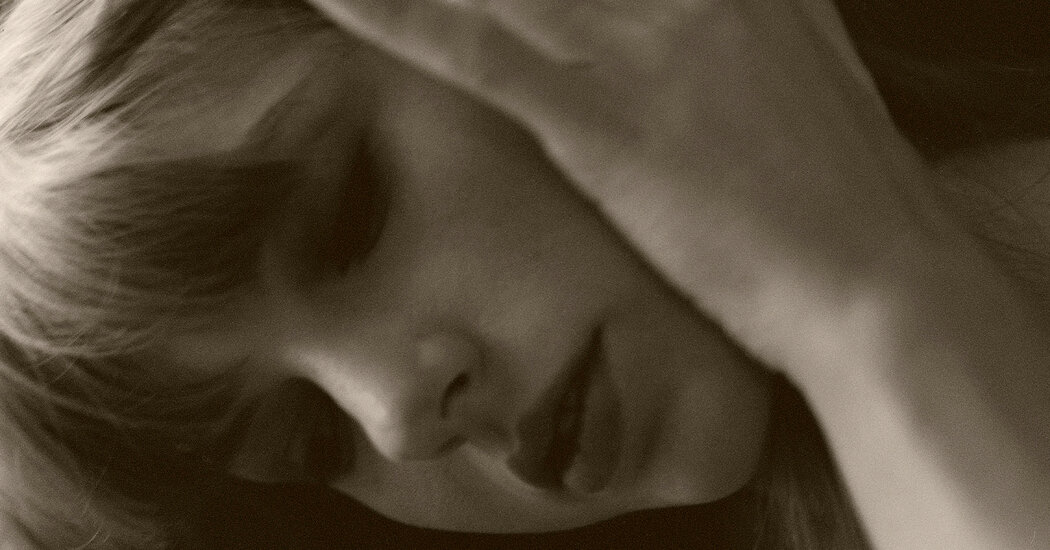
[ad_1]
Swift doesn’t name names, but she drops plenty of boldfaced clues about exiting a long-term cross-cultural relationship that has grown cold (the wrenching “So Long, London”), briefly taking up with a tattooed bad boy who raises the hackles of the more judgmental people in her life (the wild-eyed “But Daddy I Love Him”) and starting fresh with someone who makes her sing in — ahem — football metaphors (the weightless “The Alchemy”). The subject of the most headline-grabbing track on “The Anthology,” a fellow member of the Tortured Billionaires Club whom Swift reimagines as a high school bully, is right there in the title’s odd capitalization: “thanK you aIMee.”
At times, the album is a return to form. Its first two songs are potent reminders of how viscerally Swift can summon the flushed delirium of a doomed romance. The opener, “Fortnight,” a pulsing, synth-frosted duet with Post Malone, is chilly and controlled until lines like “I love you, it’s ruining my life” inspire the song to thaw and glow. Even better is the chatty, radiant title track, on which Swift’s voice glides across smooth keyboard arpeggios, self-deprecatingly comparing herself and her lover to more daring poets before concluding, “This ain’t the Chelsea Hotel, we’re modern idiots.” Many Swift songs get lost in dense thickets of their own vocabulary, but here the goofy particularity of the lyrics — chocolate bars, first-name nods to friends, a reference to the pop songwriter Charlie Puth?! — is strangely humanizing.
For all its sprawl, though, “The Tortured Poets Department” is a curiously insular album, often cradled in the familiar, amniotic throb of Jack Antonoff’s production. (Aaron Dessner of the National, who lends a more muted and organic sensibility to Swift’s sound, produced and helped write five tracks on the first album, and the majority of “The Anthology.”) Antonoff and Swift have been working together since he contributed to her blockbuster album “1989” from 2014, and he has become her most consistent collaborator. There is a sonic uniformity to much of “The Tortured Poets Department,” however — gauzy backdrops, gently thumping synths, drum machine rhythms that lock Swift into a clipped, chirping staccato — that suggests their partnership has become too comfortable and risks growing stale.
As the album goes on, Swift’s lyricism starts to feel unrestrained, imprecise and unnecessarily verbose. Breathless lines overflow and lead their melodies down circuitous paths. As they did on “Midnights,” internal rhymes multiply like recitations of dictionary pages: “Camera flashes, welcome bashes, get the matches, toss the ashes off the ledge,” she intones in a bouncy cadence on “Fresh Out the Slammer,” one of several songs that lean too heavily on rote prison metaphors. Narcotic imagery is another inspiration for some of Swift’s most trite and head-scratching writing: “Florida,” apparently, “is one hell of a drug.” If you say so!
That song, though, is one of the album’s best — a thunderous collaboration with the pop sorceress Florence Welch, who blows in like a gust of fresh air and allows Swift to harness a more theatrical and dynamic aesthetic. “Guilty as Sin?,” another lovely entry, is the rare Antonoff production that frames Swift’s voice not in rigid electronics but in a ’90s soft-rock atmosphere. On these tracks in particular, crisp Swiftian images emerge: an imagined lover’s “messy top-lip kiss,” 30-something friends who “all smell like weed or little babies.”
[ad_2]
Source link






